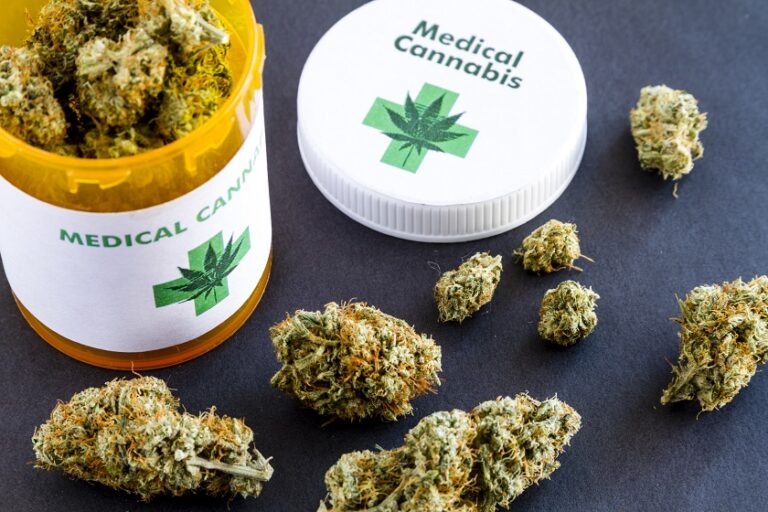Although medical cannabis Texas is still illegal under federal law, the state is slowly moving toward legalization. Currently, only three licensed dispensaries sell marijuana products that have less than 0.5% THC. In addition, no smoking is permitted. In Texas, marijuana can be only smoked in certain forms. Dispensaries are also required to offer low-THC gummies and oil. The 0.5% THC limit is one of the main barriers to patient relief.
Despite these obstacles, Texas continues to grow in terms of registrations and physician approvals. In December 2017, the DPS issued three licenses for dispensaries. In that same month, 43 entities applied. Cansortium Texas, Compassionate Cultivation, and Surterra Texas all received licenses. This is a significant accomplishment for the state’s medical marijuana industry. But it will take years to expand the industry and overcome all of the obstacles.
The state is making progress towards allowing the medical marijuana industry to grow more plants in Texas, with fewer than 600 patients reporting any benefit. Currently, only 45 doctors have signed up to prescribe it, focusing on urban and rural areas. However, three companies have been licensed to distribute medical marijuana in Central Texas. One has not opened yet, and the other two are making losses. While these regulations are important for patients, they are still far from perfect.
In addition to epilepsy, the state has added post-traumatic stress disorder to its list of qualifying conditions. Currently, the most common reason for physicians to issue medical marijuana cards is to relieve pain. Cannabis has been shown to reduce chronic pain in many patients, and this is likely to improve their quality of life. This is good news for the medical marijuana industry, and it’s worth a try if you suffer from one of the qualifying conditions.
The Texas Compassionate Use Act authorizes doctors to prescribe low-THC cannabis to patients with intractable epilepsy. The law also authorizes physicians to cultivate, distribute, sell, and research medical cannabis. The legislation is currently awaiting final approval from the Texas House. However, it has passed the Senate and was sent to Governor Abbott for signature. If the bill passes, it will become law. There are also restrictions on how much THC a patient can consume, as well as the number of dispensaries. If you’re wondering about how to get a medical cannabis card in Texas, then get in touch with THCMDTELEMED.
In order to maintain the integrity of medical cannabis in Texas, state officials must comply with certain rules and regulations. The rules for medical cannabis dispensaries were enacted by the Texas Department of Public Safety, a state agency. A 1% cap and a list of qualifying conditions are some of the statutory requirements. If you want to operate a dispensary, you should let the DPS know that. Otherwise, your comments may be interpreted as inconsequential.
In addition to legalization, there are several legislative hurdles to overcome before a medical marijuana program can be established in Texas. Most importantly, a comprehensive medical marijuana program is not likely to happen soon. In fact, Texas currently restricts its medical marijuana program to a few specific ailments, as well as low-dose cannabis. This is not enough for the growing and distribution of medical marijuana in Texas. That’s why advocates are trying to change this legislation as soon as possible.
Texas has a strict marijuana law, and recreational use of cannabis is prohibited. Possession of cannabis under two ounces is a misdemeanor that can result in fines and incarceration. Similarly, cultivation of cannabis is a serious offense that could result in a felony charge. In addition, Texas doesn’t have a caregiver program. It’s not legal to grow marijuana for medical use. So, if you suffer from a condition where marijuana may help you, it’s best to consult a qualified medical professional.
The study involved 25 people, 40% of whom were female and 60% were male. Participants were aged between thirty-two and 69. Their mean age was 56. The survey was conducted anonymously, so that no patient identifiers could be used. Get growing medical marijuanas in Texas now. All data were analyzed using descriptive statistics, such as percentage, frequency, mean, and standard deviation. Additionally, participants provided demographic data, pain location, and a rating using a BPI scale.
Patients seeking medical cannabis had several reasons for obtaining it. In addition to chronic pain and a desire to become MCC certified, participants also reported improved quality of life. Additionally, many participants cited increased physical activity and decreased chronic pain, while many reported fewer opioid prescriptions and better overall quality of life. Despite its legal status, some people still don’t consider it ethical to use cannabis as a therapeutic option, but these individuals have strong beliefs about its positive effects and benefits for their well-being.

